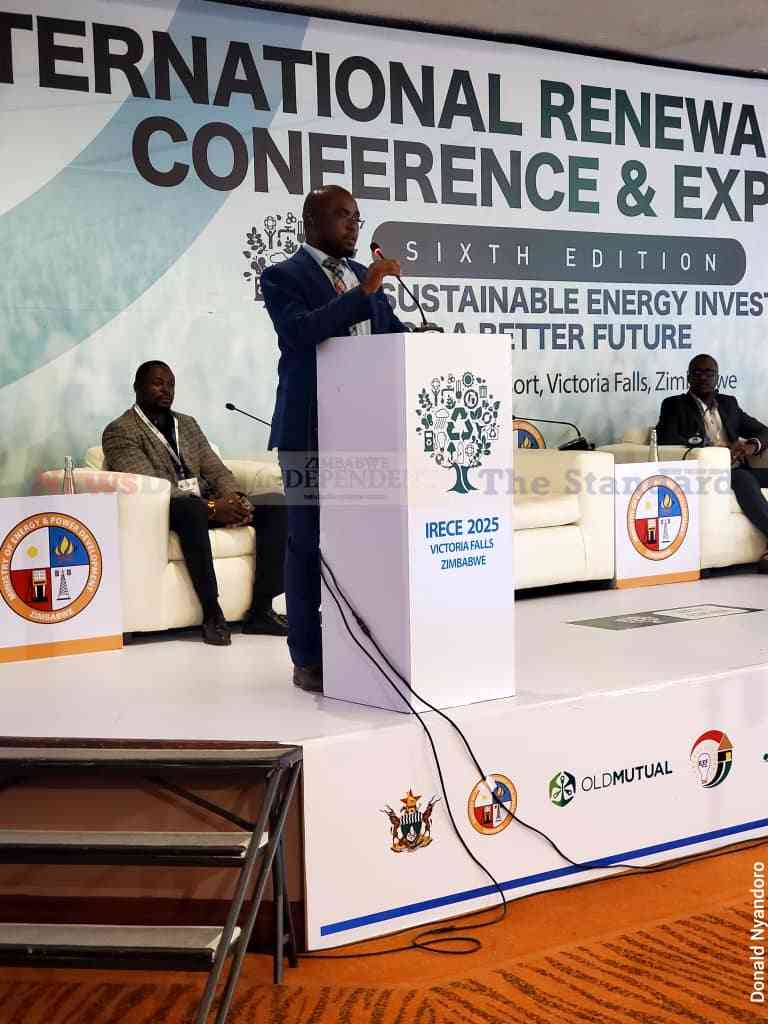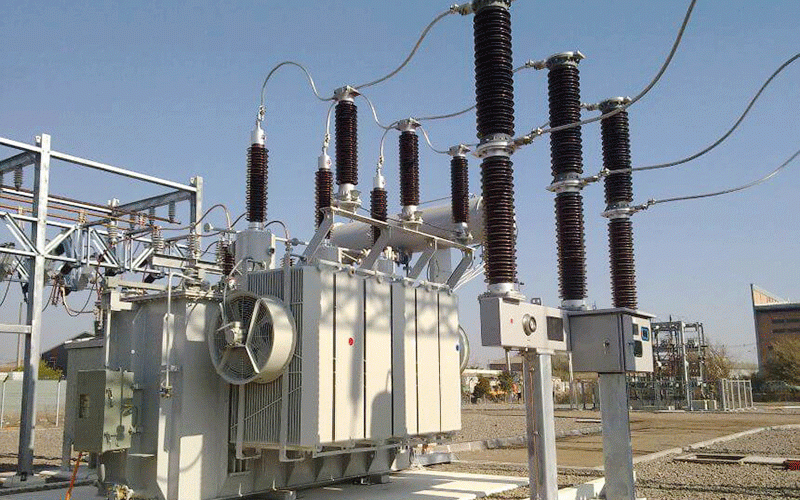
VICTORIA FALLS, Apr. 11 (NewsDay Live) – The Ministry of Mines and Mining Development has called for collaborations to produce and value-add energy storage systems and equipment in a bid to leverage the abundant lithium resources in Zimbabwe.
Speaking at the International Renewable Energy Conference and Expo in Victoria Falls on Thursday, energy minerals officer Hillary Mukodzani said stakeholders should leverage Zimbabwe’s ban on raw minerals to do value addition.
“Globally, we are working towards achieving net-zero emissions by 2050," Mukodzani said.
"According to the International Energy Agency demand for critical energy transition minerals will triple by 2030, with lithium demand expected to increase eightfold and graphite and nickel demand rising sevenfold.
“In response, our government banned the export of unbeneficiated raw minerals in 2023 through Statutory Instruments 5 and 57.
" This move aims to promote local value chains and create a battery manufacturing hub in Zimbabwe.
"We have adopted a phased approach, starting with concentrates and now focusing on lithium salts, specifically lithium carbonates and hydroxides, to produce locally made lithium batteries.”
He said the government is dedicated to completing the mines to energy park in Mapinga in the next two years.
- Mavhunga puts DeMbare into Chibuku quarterfinals
- Bulls to charge into Zimbabwe gold stocks
- Ndiraya concerned as goals dry up
- Letters: How solar power is transforming African farms
Keep Reading
Mukodzani urged companies to submit their beneficiation plans as part of their licensing process.
“Zimbabwe has all the necessary raw materials for lithium battery production, including lithium for the cathode and graphite for the anode," he said.
"To further support this initiative, we are establishing the first Mines to Energy Park in Mapinga, targeting completion by 2027.
“To ensure value-addition and maximise mineral exports, mining companies must submit beneficiation plans as part of their license application process. "This strategic move enables us to export minerals in the highest value-added form possible.
“With the necessary raw materials and collaboration between government, industry, and academia, we can make lithium batteries in Zimbabwe.”










